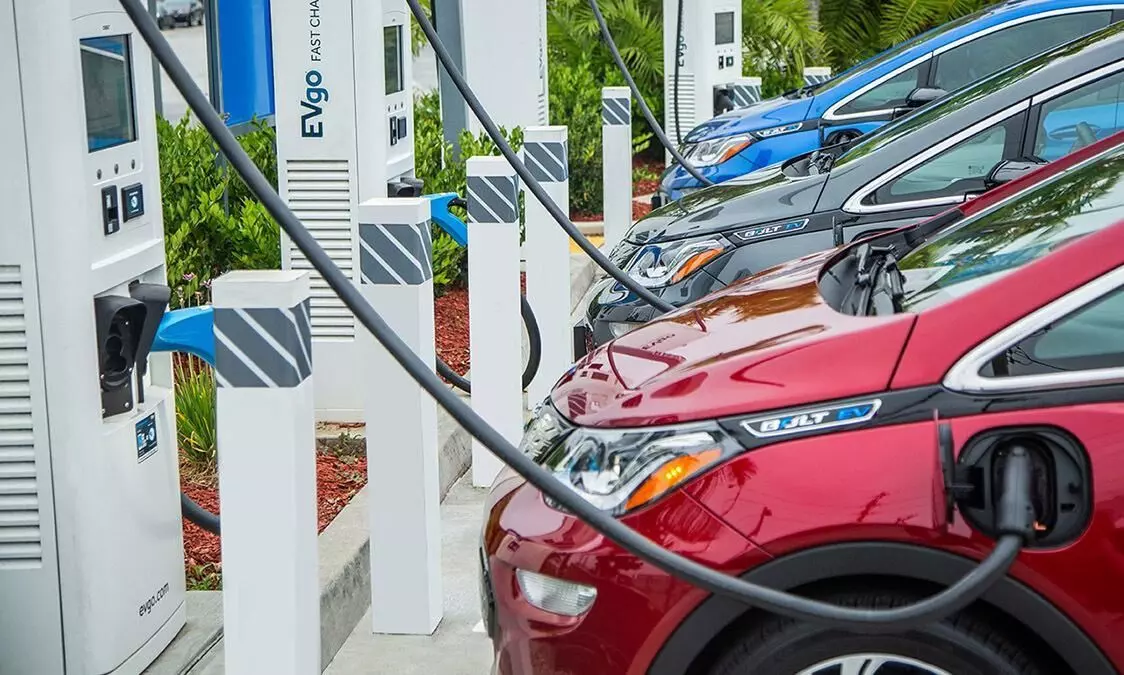
96% of Bengaluru residents support electric vehicles to combat pollution
text_fieldsA recent survey conducted by the Sustainability Mobility Network (SMN) revealed that 96% of Bengaluru and Hubballi-Dharwad residents support the shift to electric vehicles (EVs) in the last-mile delivery sector to reduce air pollution.
The findings, released on World EV Day (September 9), highlight the significant role of the last-mile delivery sector, which contributes around 500,000 tonnes of carbon dioxide emissions annually.
In Bengaluru, 80.1% of respondents expressed willingness to switch to companies committed to reducing emissions.
A striking 98.1% of residents emphasized the importance of transitioning to EVs to address the city's air pollution crisis. While 45.7% of Bengaluru residents are aware of pollution levels, a large majority (97%) believe air quality is deteriorating.
Despite this, only 60% of respondents were informed about EV transition plans by delivery companies. Furthermore, 76.1% said they would prefer to shop with businesses that support a fair transition to EVs for their workers.
Hubballi-Dharwad showed similar trends, with 93.9% of residents recognizing the need for EV adoption in the delivery sector to reduce pollution.
Additionally, 74.6% indicated they would choose companies focused on lowering emissions. However, public awareness about air quality was lower, with only 25.4% of respondents being highly aware. A significant 81% favored companies that support their employees during the EV transition.
While EVs are seen as a cleaner alternative to traditional vehicles, concerns about their full lifecycle emissions persist. Manufacturing EV batteries, which use resources like lithium and cobalt, is energy-intensive and can result in significant environmental harm, including deforestation and water pollution.
Additionally, since many electricity grids, including India’s, are heavily reliant on fossil fuels, the emissions from charging EVs can sometimes be comparable to gasoline-powered vehicles. However, experts believe that as grids transition to renewable energy, EVs will become more sustainable over time.
Siddharth Sreenivas from SMN addressed these concerns, asserting that despite the high emissions during production, EVs have lower overall emissions than traditional vehicles, reported The News Minute.
He cited research from institutions such as the Universities of Exeter and Cambridge, and the International Council of Clean Transportation, showing that in India, even with the grid's dependence on coal, EVs are still more environmentally friendly.
Sreenivas emphasized the need to prioritize commercial fleets, especially two- and three-wheelers used in last-mile deliveries, which are becoming more affordable due to new technologies like swappable batteries.























